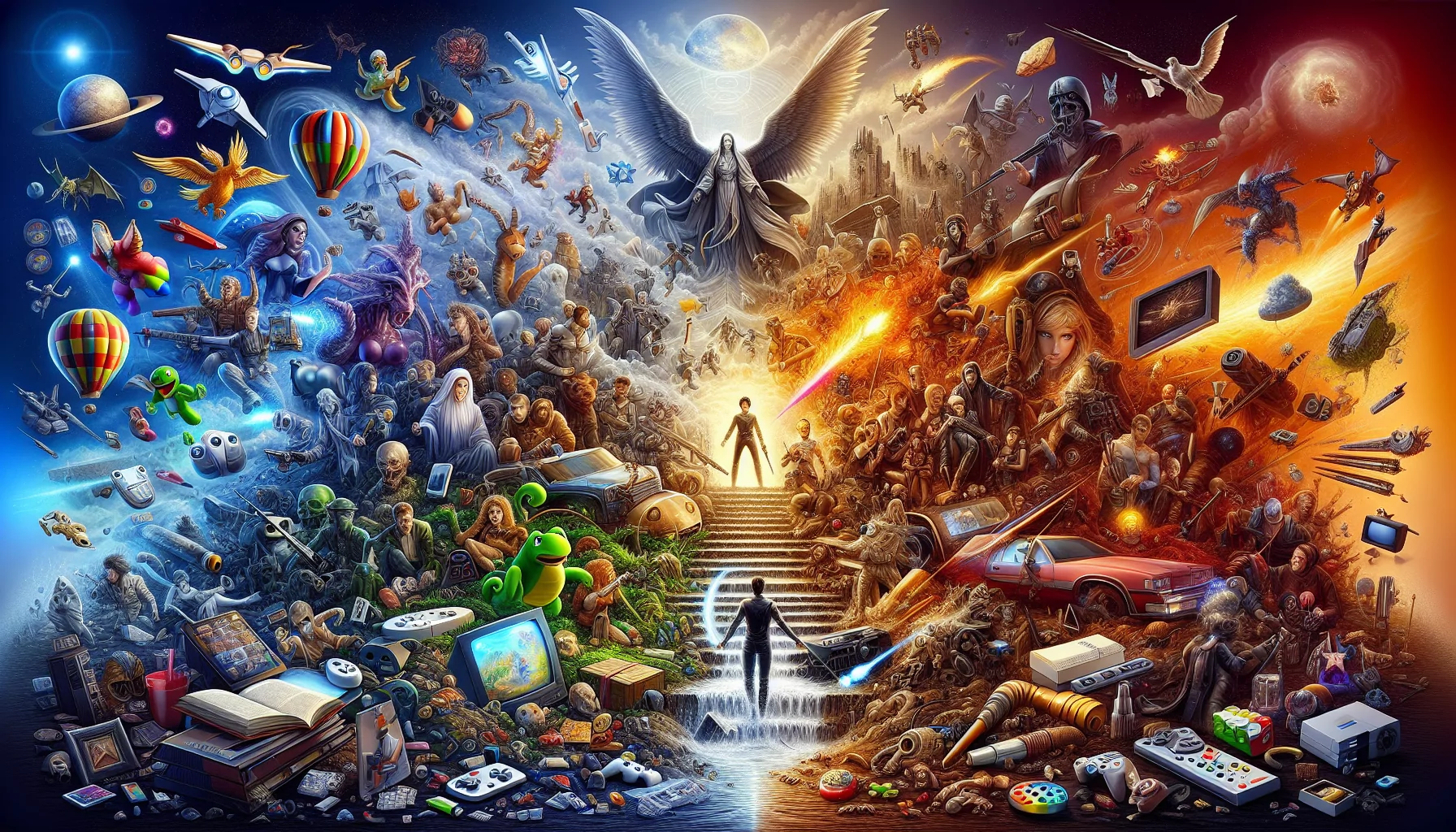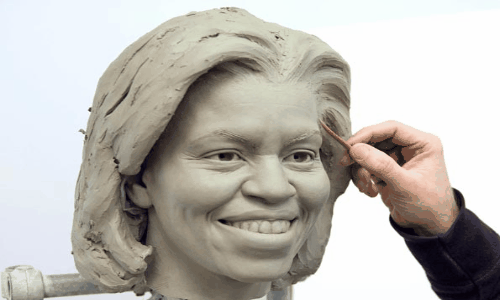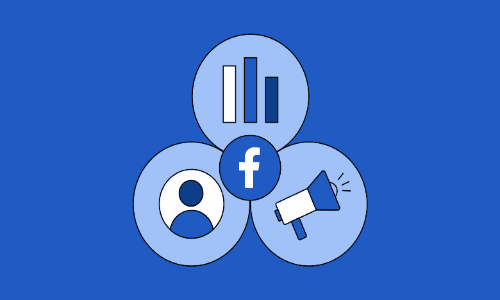Adverts
The era of Cinema 2.0 is upon us, completely transforming the way stories are told and viewed on the big screen. At the heart of this revolution is artificial intelligence, which is redefining standards and processes in Hollywood.
This technology not only automates tasks, but also opens up a world of creative possibilities that were unimaginable until recently. By integrating advanced algorithms and machine learning, studios are now empowered to explore new narrative and visual frontiers.
Adverts
From pre-production to post-production, artificial intelligence is proving to be an indispensable partner. Scripts are analyzed to predict their potential for success, while film editing benefits from tools that speed up processes and improve accuracy.
More than that, the creation of digital special effects and characters reaches new levels of realism, allowing filmmakers to push creative boundaries. This not only optimizes costs, but also expands the scope of cinematic art to horizons never seen before.
Adverts
However, the introduction of artificial intelligence into Hollywood is not just a tale of efficiency and innovation. It raises complex questions about copyright, originality and the role of the human artist in an increasingly technologically dominated landscape. How are industry professionals adapting to these changes? What are the ethical and legal implications? These are crucial questions that need to be addressed as we move into this technological future.
In this context, understanding the impact of artificial intelligence on cinema is essential for any cinema enthusiast. Following these transformations gives us a privileged view of how technology is reshaping our entertainment, and how this change can, in fact, enrich the audience's experience. After all, Cinema 2.0 is not just a technological evolution; it is an opportunity to reimagine what cinema can be. 🎬✨
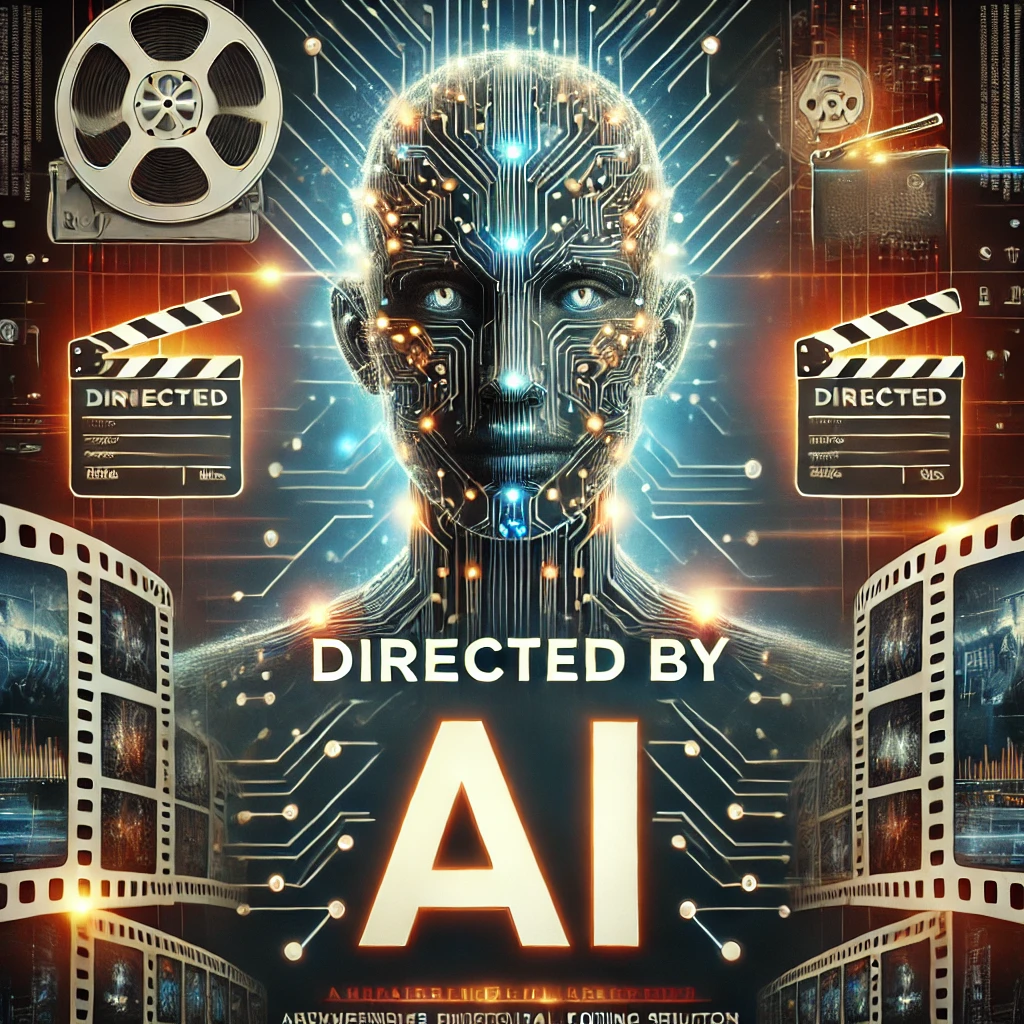
Magic Renewed: The Arrival of Artificial Intelligence in Cinema
The New Wave of Creativity
Cinema, since its inception, has always been a mirror of human creativity, reflecting dreams, fears and hopes on the silver screen. With the advent of artificial intelligence (AI), this creativity finds a new dimension, opening doors to possibilities that previously seemed like dreams. AI is not only automating processes or generating more realistic special effects; it is directly collaborating in the creative process, from scriptwriting to post-production.
AI algorithms can now analyze thousands of scripts in seconds, identifying patterns that resonate with audiences. This not only speeds up storytelling, but also helps predict which elements might be most well-received, increasing the chances of box office success. Additionally, AI tools can help with soundtrack composition, creating personalized scores that match the emotional tone of each scene, as if they were invisible masters of a cybernetic orchestra. 🎶✨
Synthetic Characters and Dynamic Narratives
One of the biggest revolutions brought about by AI is the ability to create synthetic characters that are not just visual, but also have complex and dynamic personalities. Through machine learning, these virtual entities can evolve, interacting in unique ways with the environment and other characters, offering a deeply immersive cinematic experience.
Related articles:
Imagine a film where the virtual protagonist learns and adapts throughout the narrative, responding to the audience’s emotions in real time. This not only challenges traditional storytelling norms, but also allows for unprecedented personalization, where each viewer can experience a slightly different story. Deepfake, when used ethically and responsibly, can also create scenes that were previously limited by the availability of actors, expanding the horizons of what is possible on screen.
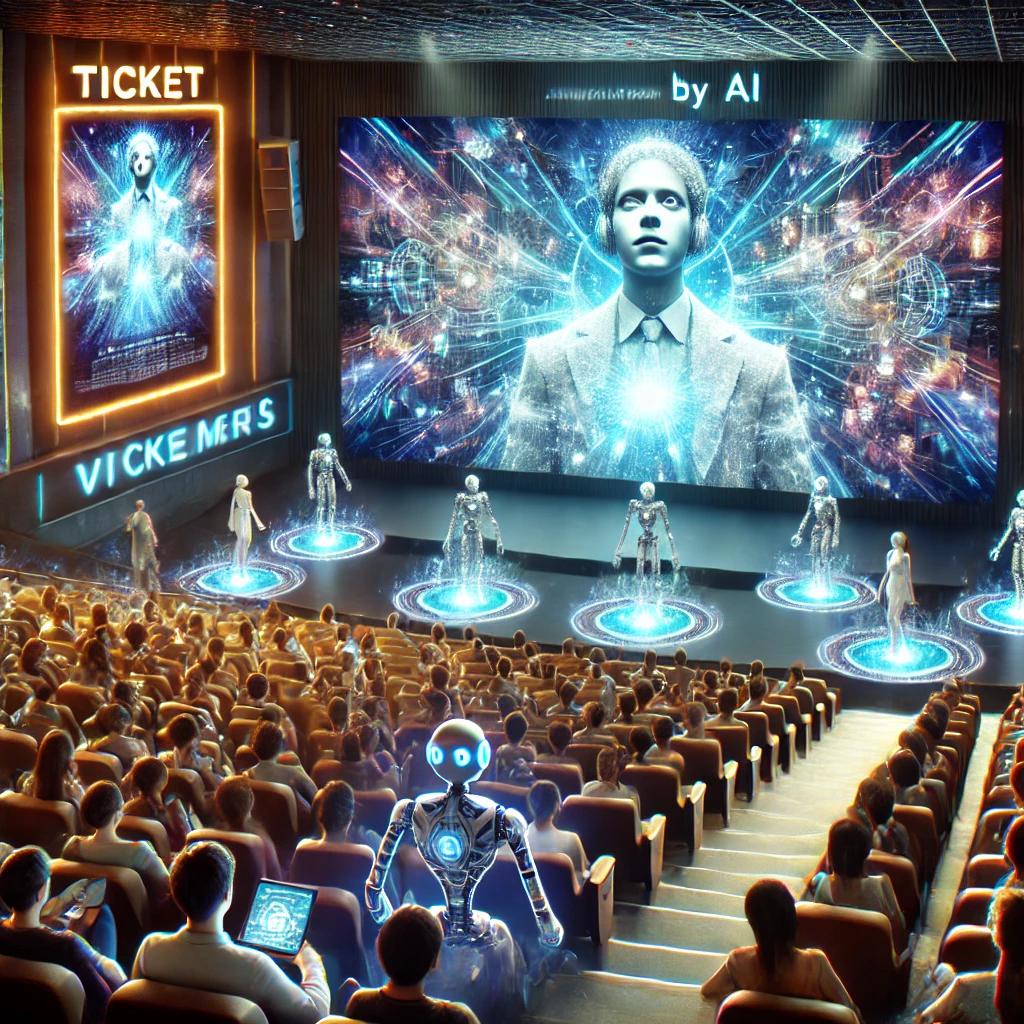
The Revolution Behind the Scenes: How AI Transforms Filmmaking
Efficiency and Innovation in Production Processes
Behind the scenes in Hollywood, AI is reshaping the way movies are made. Advanced software is helping to organize and optimize filming schedules, ensuring that each shot is completed at the most opportune time. This not only saves time and resources, but also allows directors and their crews to focus more on the craft and less on logistics.
Additionally, predictive analytics has become an essential tool for producers, allowing them to more accurately predict a film’s ROI by taking into account factors such as market trends and real-time audience feedback. AI also plays a vital role in film editing, automating repetitive tasks and allowing human editors to focus on creative aspects such as pacing and continuity.
Visual Impact: Special Effects and Animations
Advances in AI are also revolutionizing visual effects and animation. Sophisticated algorithms allow the creation of fantastical worlds with an unprecedented level of detail and realism. Entire sets can be generated digitally, allowing directors to explore imaginary universes without the constraints of the physical world.
AI makes it easier to create special effects faster and more cost-effectively, making them accessible even to independent productions. This levels the playing field, allowing emerging filmmakers to create stunning visual works without the need for multi-million dollar budgets. The use of AI in motion capture also enhances digital performances, bringing to life creatures and characters that previously existed only in the imagination.
- Scripts created with the help of AI, analyzing success patterns.
- Virtual characters with dynamic and adaptable personalities.
- Automation of production schedules and processes.
- Box office success prediction through data analysis.
- Creating more realistic and accessible visual effects.
A New Paradigm: The Impact of AI on Audience Experience
Interactivity and Engagement
The way audiences interact with movies is evolving, driven by AI’s ability to create immersive and interactive experiences. Streaming platforms are experimenting with dynamic content where viewers can make decisions that influence the course of the story, creating a new level of engagement and personalization.
This type of non-linear storytelling, powered by AI, allows the audience to become an active part of the story, breaking down the barriers between viewer and creator. This represents a significant leap forward in the way we consume stories, transforming cinema into a participatory experience where audience reactions can even influence future versions of a film.
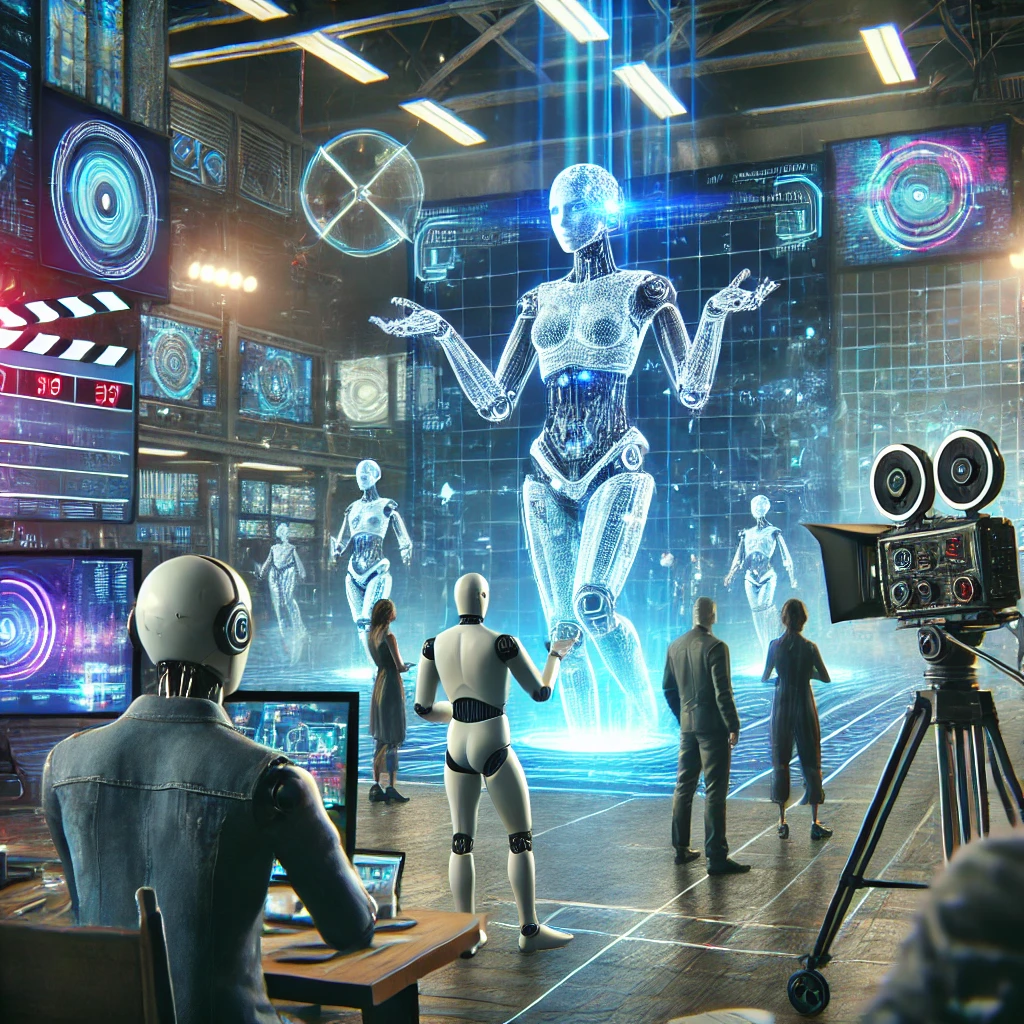
Ethical and Creative Challenges
Despite the many opportunities, the incorporation of AI into film also raises ethical and creative questions. The ease of creating synthetic content and manipulating images raises concerns about authenticity and intellectual property. In addition, there is an ongoing debate about the role of human creators in a world where AI can produce content autonomously.
However, rather than replacing artists, AI should be seen as a tool that expands human capabilities, offering new forms of expression and storytelling. The balance between technological innovation and artistic integrity will be key to ensuring that the magic of cinema continues to delight future generations. 🎥🌟
Conclusion
The AI revolution in filmmaking, often referred to as “Cinema 2.0,” is transforming Hollywood in unprecedented ways. First, AI is enabling unprecedented efficiency in filmmaking. By analyzing large volumes of data, studios can predict trends, ensuring that films meet audience tastes. Additionally, advanced algorithms are enabling post-production to become more agile and precise, enabling spectacular visual effects that were previously unimaginable.
However, this revolution is not without its challenges. The integration of artificial intelligence into filmmaking raises ethical and creative questions. For example, to what extent can automation replace human creativity without losing the artistic essence of cinema? What’s more, AI is changing the way stories are told, bringing new narratives and perspectives. This could result in more inclusive and diverse films that reflect a wider range of human experiences.
Ultimately, Cinema 2.0 represents a new paradigm that, if used well, can further enrich the seventh art. As Hollywood continues to explore the possibilities of artificial intelligence, it is essential to balance technological innovation with the creative essence that defines cinema. 🎥✨

